DTE Coverage: Global plastic profiles
A 17-part series that examines who stands where on various aspects of plastic pollution
Global plastic profiles: Here is how countries fare on primary polymers

CSE report groups nations on the basis of laws regarding regulation of what are building blocks of most plastic items, negotiations regarding which are critical
Click here to read more
Global plastic profiles: How are nations addressing safety concerns regarding ‘chemicals and polymers of concern’?

By focusing on chemicals and polymers of concern, negotiations for a future instrument to end plastic pollution aim to safeguard ecosystems and public health
Click here to read more
Global plastic profiles: India has a single-use plastic problem. What about other countries?

In the negotiations to end plastic pollution, addressing problematic and avoidable plastic products, particularly single-use items, is a top priority for policymakers and stakeholders
Click here to read more
Global plastic profiles: Here is how CSE grouped countries on product design and performance

Addressing product design and performance is critical for transitioning away from plastic pollution
Click here to read more
Global plastic profiles: CSE groups nations on the 5 Rs. What are they?
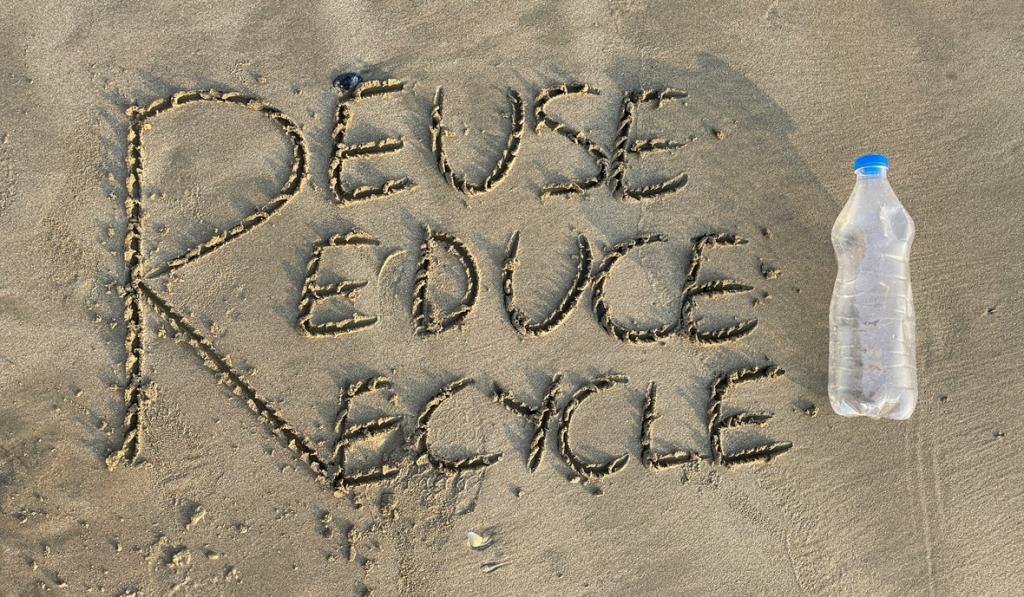
The principles of ‘Reduce, Reuse, Refill, Repair, Refurbish’ foster a shift away from single-use plastics towards a more sustainable and circular approach to plastic consumption
Click here to read more
Global plastic profiles: How do nations view use of recycled plastic content?

In ongoing talks to combat plastic pollution, the use of recycled plastic content represents a proactive strategy to mitigate environmental impacts associated with plastic production and consumption
Click here to read more
Global plastic profiles: What are country stances on alternative plastics?
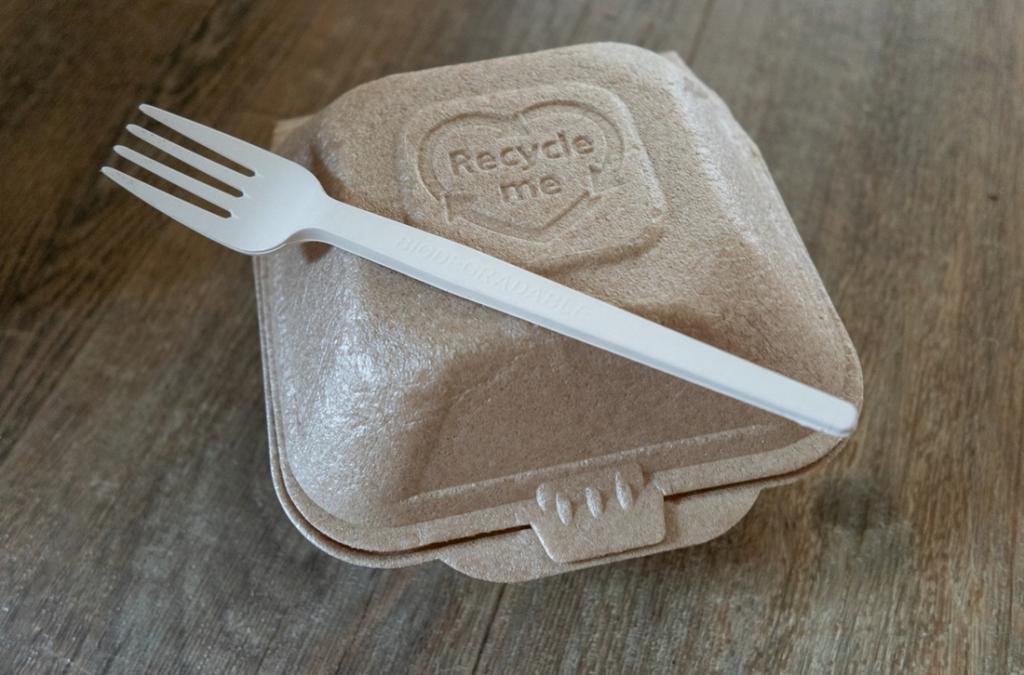
While alternative plastics play a role in addressing the plastic problem, their widespread adoption may necessitate investment in waste management infrastructure for collection and processing
Click here to read more
Global plastic profiles: What do countries feel about promotion and adoption of non-plastic substitutes?

Ensuring the performance, safety and scalability of non-plastic alternatives remains essential for their widespread adoption and successful integration into consumer markets and industrial applications
Click here to read more
Global plastic profiles: What is the status of Extended Producer Responsibility globally?

There is no consensus on a harmonised global EPR; EU is the only region to propose an EPR to incentivise “plastic reduction and reuse”, in addition to high quality recycling
Click here to read more
Global plastic profiles: Do countries agree on emissions and releases of plastics across their life cycles?

China and Iran do not agree that plastics pollute during their production, manufacturing and distribution phase. Both countries have suggested a focus on the emissions of plastic waste
Click here to read more
Global plastic profiles: Have countries found common ground on effective waste management?

Collaborative efforts involving governments, local authorities, industry and civil society are crucial in developing and implementing integrated waste management strategies tailored to specific contexts and challenges
Click here to read more
Global plastic profiles: What are the issues within global trade in plastics?

Trade policies and regulations play a pivotal role in shaping the movement of plastics and plastic waste across borders
Click here to read more
Global plastic profiles: How do countries intend to tackle existing plastic pollution?
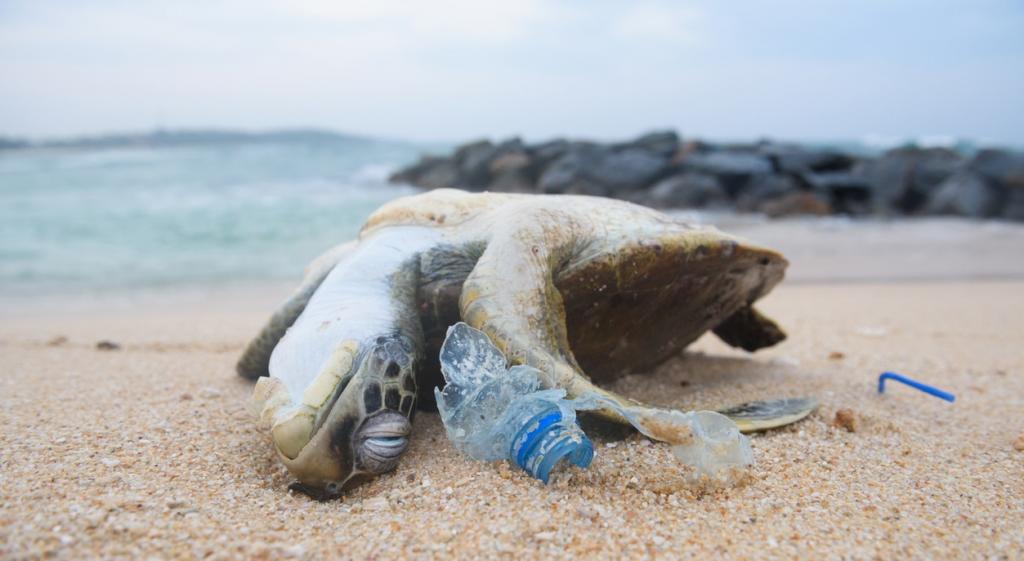
Addressing existing plastic pollution requires a multifaceted approach involving international cooperation, preventive measures, cleanup activities, waste management, public awareness campaigns and adoption of sustainable practices
Click here to read more
Global plastic profiles: Where do countries stand on a ‘just transition’ for the plastic industry?
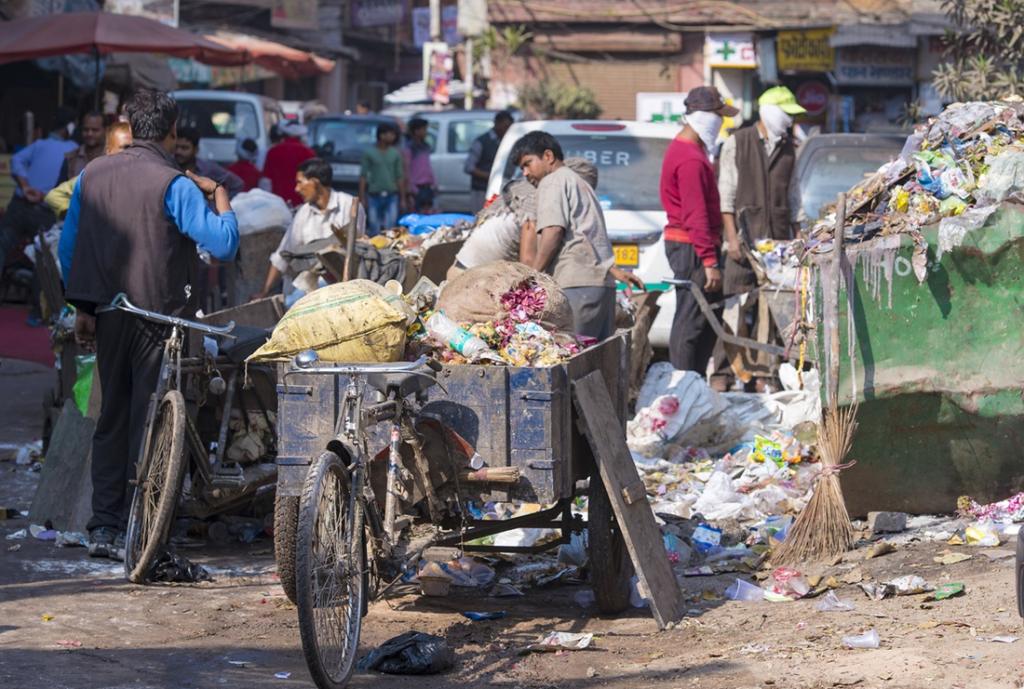
A just transition approach prioritises addressing social and economic impacts associated with transitioning by providing support to affected workers and communities
Click here to read more
Global plastic profiles: How well are countries tracking and monitoring the plastic supply chain?

To ensure effective management and regulation, Parties are required to monitor and track the production, imports and exports of chemicals and polymers used in plastic production
Click here to read more
Global plastic profiles: Can a dedicated financial mechanism beat global plastic pollution?

Such a mechanism can provide predictable, sustainable and adequate resources to support implementation efforts in developing countries
Click here to read more
Global plastic profiles: How is the Global North helping the South tackle plastic pollution?
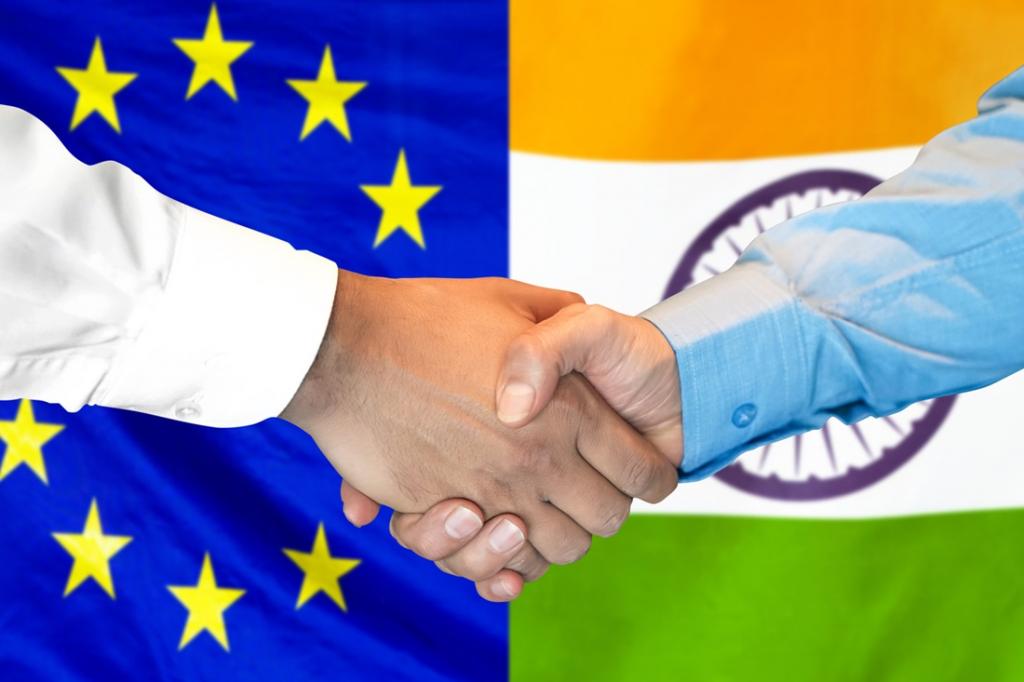
Capacity-building, technical assistance and technology transfer to poor countries aims to advance a resilient and sustainable approach to plastic management that benefits all Parties involved
Click here to read more